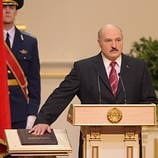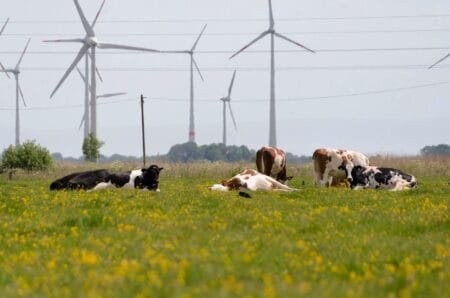(BRUSSELS) – The EU Commission outlined Friday a plan of economic support to a future democratic Belarus, reflecting EU commitment to support the Belarusian people’s wishes for a peaceful democratic transition.
The plan, of up to EUR 3 billion, follows the country’s presidential elections of August 2020, which the EU says were neither free nor fair. The EU’s message is clear, said Commission president Ursula von der Leyen: “To the people of Belarus: we see and hear your desire for change, for democracy, and for a bright future. And to the Belarusian authorities: no amount of repression, brutality or coercion will bring any legitimacy to your authoritarian regime.”
Once Belarus embarks on a democratic transition, the EU says it will activate the 3 billion package, a mix of grants and loans leveraging public and private investments, to help Belarus to stabilise its economy, reform its institutions to make them more democratic and help increase the economy’s resilience, growth potential and job creation.
The newly presented outline highlights several indicative measures to enhance Belarus’ resilience:
- First, through direct financial support the EU will boost the country’s economic recovery. This will help restore macro-economic stability in Belarus and strengthen its precarious fiscal situation. In addition, the EU will organise an EU-Belarus High Level Investment Forum to expand investment and trade opportunities and an EU High Level Donor Meeting to raise additional EU grant resources required to finance and mobilise EU expertise and investments to support the economic transition. With these initiatives, the EU expects to mobilise up to 1.5 billion* in EU loans as well as public and private investments.
- Second, the EU will mobilise a Transition Package of up to 400 million in grant assistance under the Neighbourhood, Development and International Cooperation (NCIDI)-Global Europe to support the democratic transition and address key structural reforms. This will include enhancing the quality of justice, improving business environment and supporting SME’s development. EU funding will also aim to contribute to the education and health care systems reform and provide assistance to strengthening social safety nets and protecting the most vulnerable households. Support to civil society, including enhancing their role in decision-making at all levels of government and work as watchdog and support for a free and independent media, will remain at the core of the EU’s actions.
- Third, the EU will invest in sustainable infrastructures and the green and digital transformation. In partnership with International Financial Institutions, the EU expects to mobilise up to 100 million in grant funding to leverage up to 1 billion of key public and private investments supporting the country’s green and digital transformation, connectivity and access to finance for Belarusian SMEs.
In addition and complementary to the economic plan, the EU says it will offer to conclude a bilateral framework agreement in order to reinforce the longer-term relations between the EU and a democratic Belarus.
Factsheet on the EU’s comprehensive plan of economic support to democratic Belarus
Outline of the proposed comprehensive plan of economic support to a future democratic Belarus








